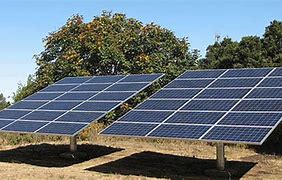It is anticipated that the federal government would amend the Solar Net-Metering Policy to extend the payback term from three to five years and to align the buyback rate for net metering with the average energy cost. According to Business Recorder, this suggestion was presented at an online seminar hosted by the German economic organization GIZ.
At the moment, net-metered systems carry forward extra energy units for three months before they are valued monetarily and adjusted for peak usage. A month’s notice was recommended by some experts and DISCOs in order to encourage self-consumption and discourage the installation of large solar PV installations. Additionally, they suggested that DISCOs set up a central cell to manage all aspects of net metering, including as capacity assessments and rooftop solar PV system integration.
The goal of the conference was to build a balanced approach for the government, the solar sector, and consumers by addressing the technical and financial issues of net metering and exploring potential solutions.
By April 2024, Pakistan will have set up 2,000 MW of net-metered capacity, with over 130,000 systems producing 3 TWh of energy annually. Nevertheless, during the seminar, technical problems were identified as major obstacles. These problems included high consumer voltage, distribution transformer overloads, and increased reverse power flow as a result of illegal rooftop solar systems.
In order to avoid transformer overloads, the seminar suggested lowering the net metering capacity limit to correspond with the authorized load, as is done in Bangladesh, Saudi Arabia, and India. To more effectively control the effects of net metering systems, smart meters and improved network monitoring are required.









